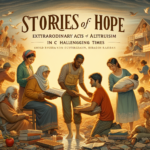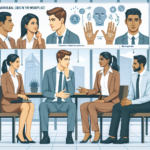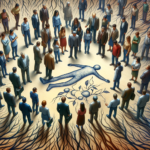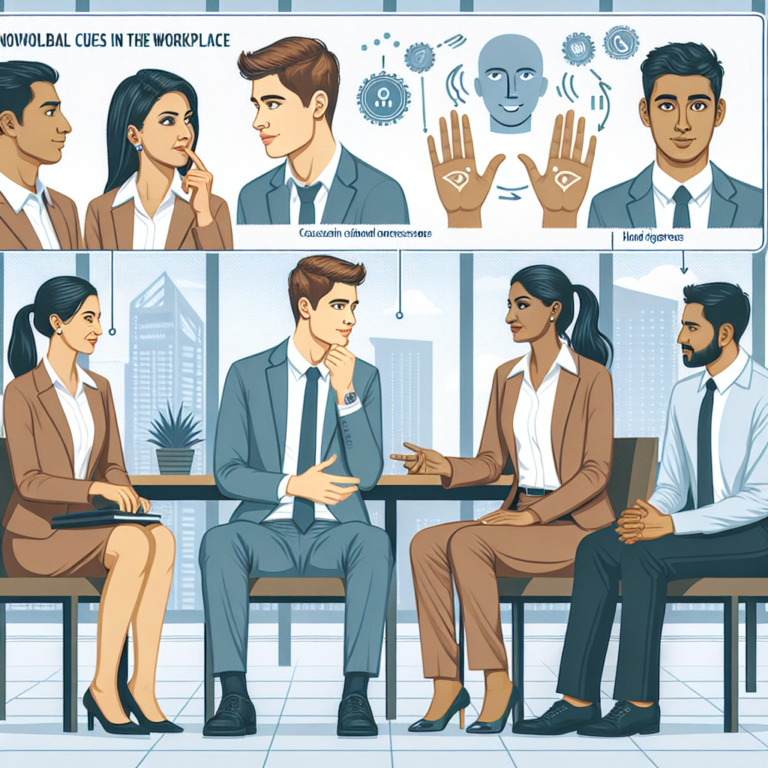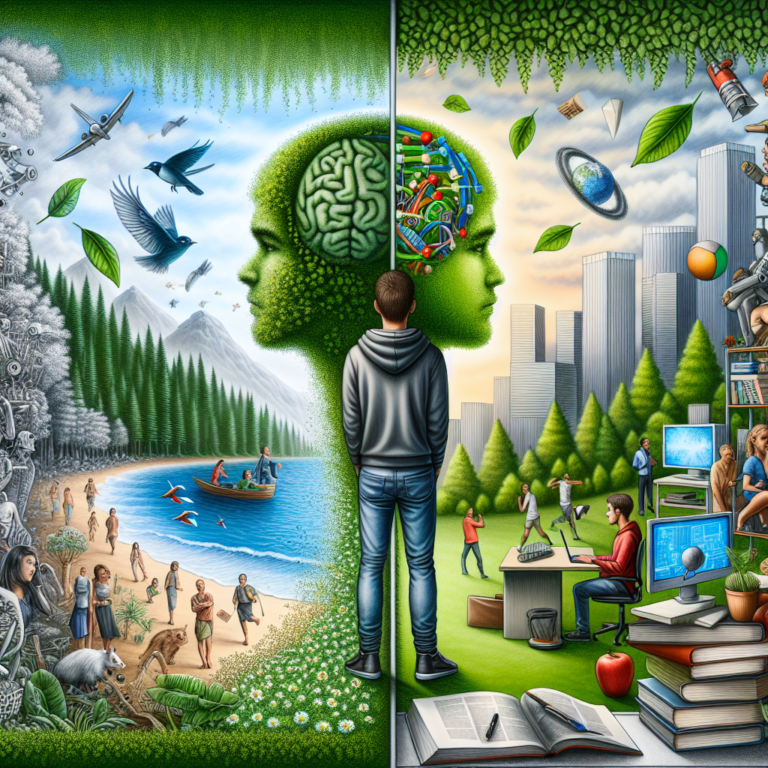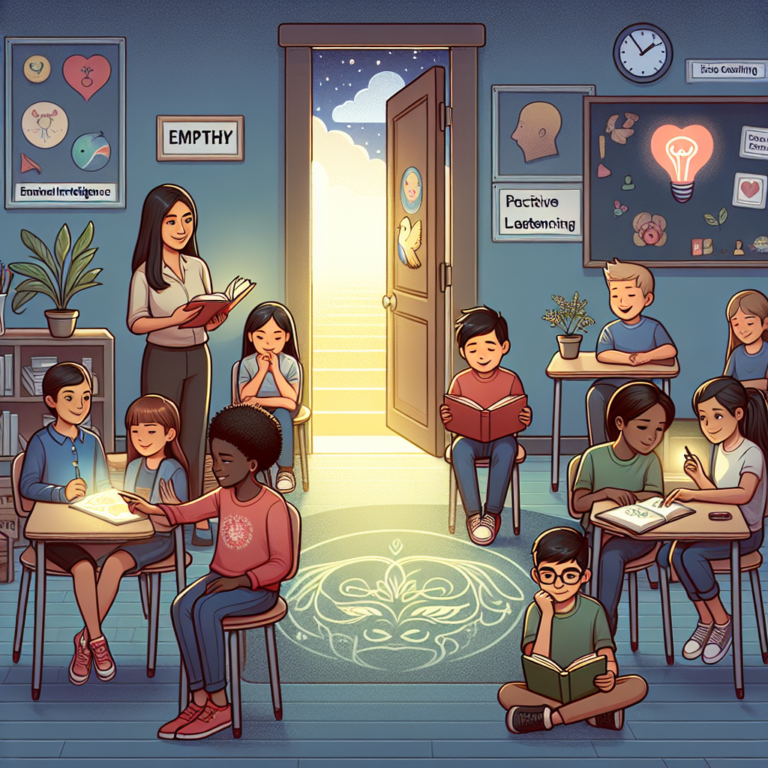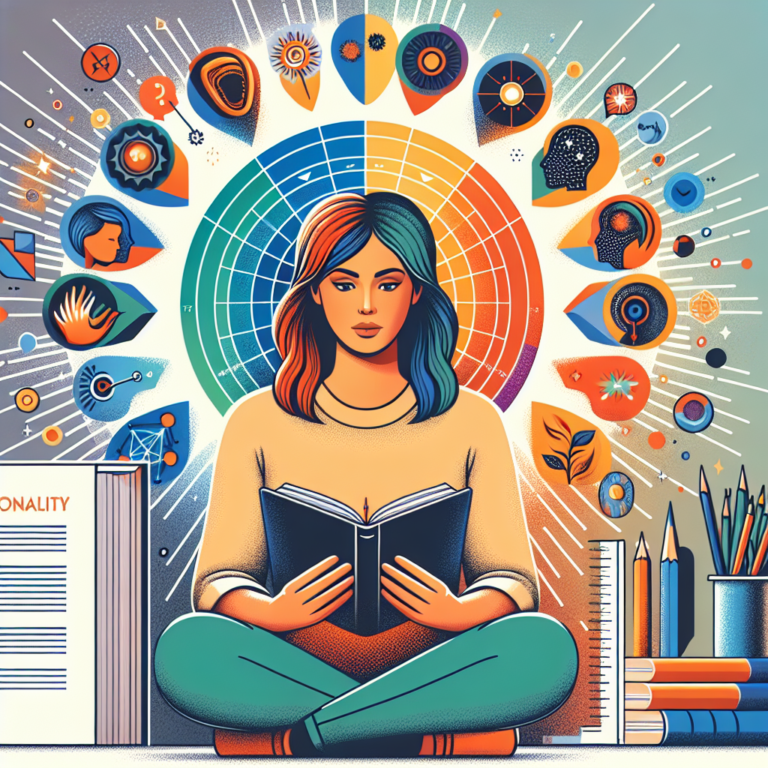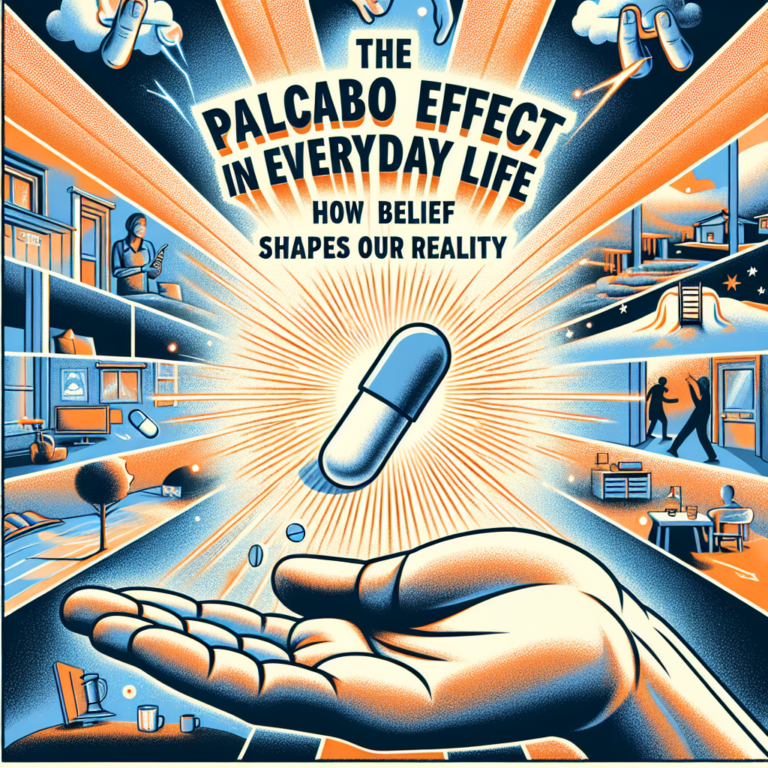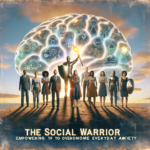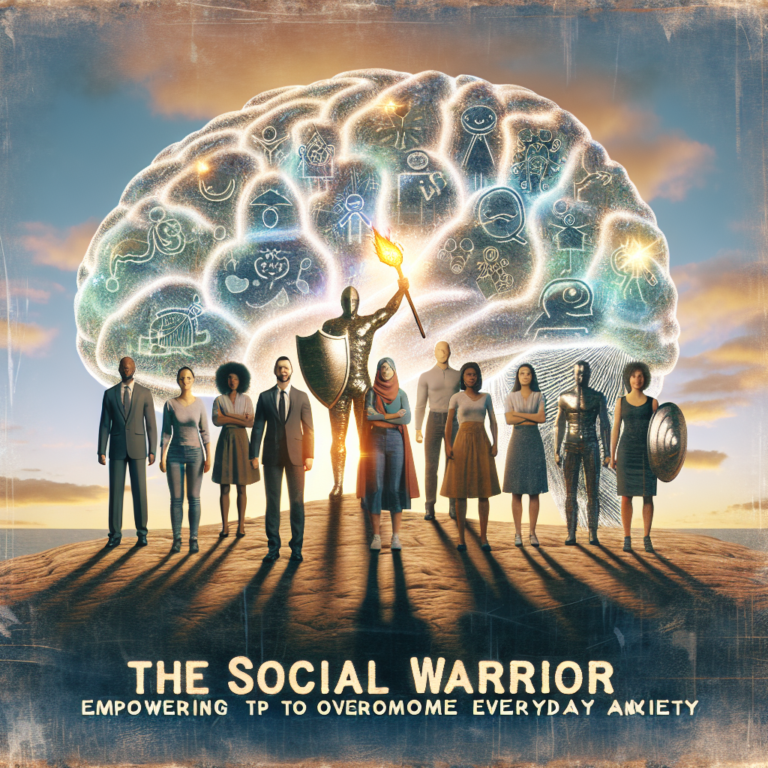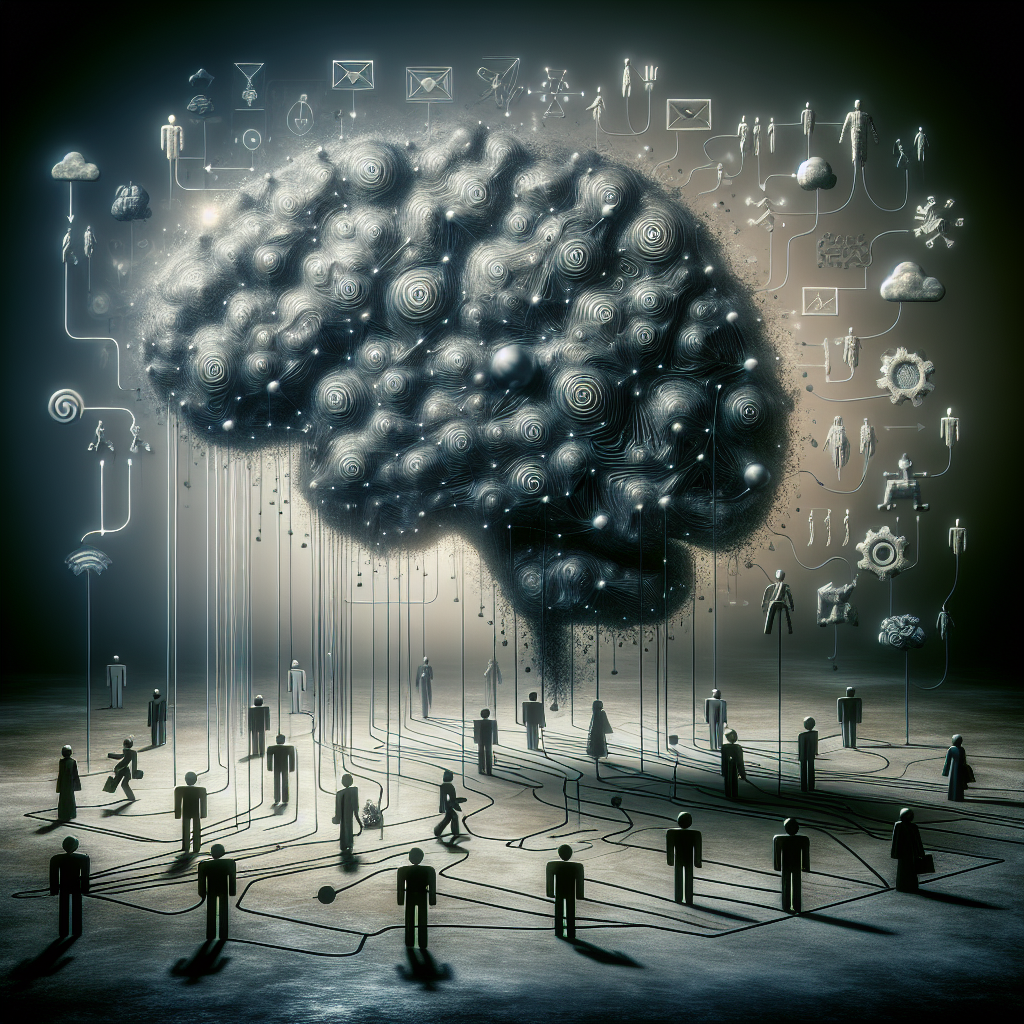
Introduction
Imagine walking into a room and instantly feeling the tension in the air. You glance at your friend, and without a word, you both know something’s off. How do we do this? Welcome to the fascinating world of social cognition — a realm where our brains interpret signs, infer emotions, and sometimes, mistakenly conclude the motives of those around us. In this article, we will explore the journey from mind-reading, a stunning aspect of our cognitive abilities, to the labyrinth of misinformation that can cloud our understanding of social interactions. Let’s dive into the complexities of social cognition and unveil how it shapes our relationships and perceptions.
Understanding Social Cognition
What Is Social Cognition?
At its core, social cognition is the study of how people process, store, and apply information about others and social situations. This mental framework allows us to navigate the intricate web of human interactions. Psychological theories suggest that social cognition encompasses various processes, including understanding others’ emotions, intentions, and behaviors.
The Role of Mind-Reading
The term "mind-reading" often evokes images of psychics, but in social cognition, it refers to our ability to infer the mental states of others. This skill involves utilizing non-verbal cues, body language, facial expressions, and contextual information to grasp what someone might be feeling or thinking. But this ability doesn’t always translate to accuracy.
Case Study: The Willow Creek Experiment
In a fascinating study conducted at Willow Creek University, researchers explored how quickly people could decipher emotions just by looking at photographs of various faces. The results showed that while most people could identify basic emotions like happiness and sadness, they struggled with complex feelings, such as jealousy or resentment.
Relevance: This experiment highlights the limitations of mind-reading. Even our innate skills can falter, leading to misinterpretations that complicate social interactions.
The Spectrum of Social Cognition
Cognitive Biases and Misinterpretations
Cognitive biases are systematic errors in thinking that affect our judgments. These biases play a crucial role in how we interpret the behaviors and motivations of others. Common biases, like the fundamental attribution error, can lead us to overestimate personality traits and underestimate situational factors when assessing others’ actions.
Case Study: The "Hostile Media Effect"
In the "Hostile Media Effect," researchers found that viewers of a controversial topic (e.g., a political debate) perceived the coverage as biased against their viewpoint, regardless of its neutrality. This phenomenon illustrates how preconceived notions can skew our interpretations of others’ intentions.
Relevance: The gap between perception and reality further reinforces the need for critical thinking in social judgment.
The Impact of Misinformation on Social Cognition
In our digital age, the rapid spread of misinformation complicates the landscape of social cognition. Social media platforms can amplify false narratives, leading people to form opinions based on inaccurate information.
Case Study: The COVID-19 Misinformation Crisis
During the COVID-19 pandemic, various falsehoods about the virus, its transmission, and potential cures proliferated on social media. A survey by the Pew Research Center revealed that over 50% of respondents had encountered misinformation related to the pandemic.
Relevance: This example underscores how misinformation can distort our understanding of social situations and interpersonal relationships.
Navigating the Complexities of Social Cognition
Enhancing Mind-Reading Skills
To become better at mind-reading, we can actively train ourselves to notice non-verbal cues. Here are some practical exercises:
Observation Practice: Spend a day observing people’s faces and body language in public places. Try to guess their emotions based on cues.
Role-Playing: Engage in role-playing activities where you must interpret and express different emotional states.
- Feedback Loops: After social interactions, ask friends for feedback on how accurately you interpreted their feelings.
Combating Misinformation
Given the prevalence of misinformation, it’s crucial to adopt strategies that enhance social cognition and critical thinking skills:
Source Verification: Always check the credibility of your sources before accepting information as truth.
Diverse Perspectives: Engage with individuals who hold different viewpoints to gain a well-rounded understanding of various topics.
- Mindful Consumption: Limit exposure to sensationalized media that might skew perceptions or emotions.
Building Resilience Through Empathy
Empathy, the ability to understand and share the feelings of others, serves as a powerful antidote to misconceptions. By cultivating empathy, we can improve our social cognition and enhance our interpersonal relations.
Case Study: The Empathy Experiment
A renowned experiment conducted by researchers at Stanford University involved participants immersing themselves in another’s life story through virtual reality. The results showed a significant increase in empathetic responses, leading to more accurate mind-reading and understanding of differing perspectives.
Relevance: This study illustrates that empathy acts as a crucial bridge in navigating the complexities of social cognition, leading to more profound and meaningful connections.
| Exercise | Benefits |
|---|---|
| Observation Practice | Improved accuracy in interpreting emotions |
| Role-Playing | Enhanced emotional intelligence |
| Feedback Loops | Opportunity for correction and growth |
Conclusion
From mind-reading to misinformation, the complexities of social cognition shape our interactions in profound ways. While our ability to interpret others’ emotions is a remarkable asset, it can also lead us astray when influenced by biases and misinformation. By honing our skills through observation and empathy, and by rigorously questioning the validity of information, we can navigate these complexities more effectively.
As we make conscious efforts to understand ourselves and each other better, we not only enrich our own lives but also contribute to a more empathetic and informed society. Let’s commit to becoming better social thinkers, investigators of the human condition, and curators of truth in a world full of distortion.
FAQs
1. What is social cognition?
Social cognition refers to how we process and interpret information about ourselves and others in social contexts. It includes understanding emotions, intentions, and behaviors.
2. How does misinformation impact social cognition?
Misinformation can distort our understanding of social cues and relationships, leading to errant judgments based on false information.
3. Can mind-reading be improved?
Yes, through practice and awareness of non-verbal cues, individuals can enhance their ability to read others’ emotions accurately.
4. What role does empathy play in social cognition?
Empathy helps improve understanding and accuracy in social interactions, making it easier to connect with others and interpret their feelings.
5. How can I combat misinformation?
Verify sources, seek diverse perspectives, and engage mindfully with media to cultivate a clearer understanding of social situations and reduce the influence of misinformation.
By diving into the depths of social cognition, we arm ourselves with insights that can change not just our personal experiences, but also how we interact as a society. Embrace this quest for understanding, and let your mind read the world with clarity, compassion, and critical thinking.
